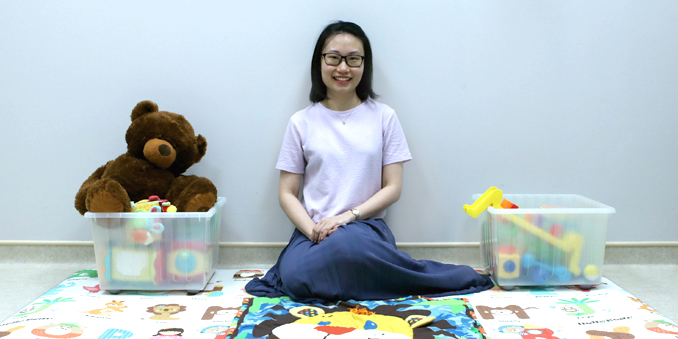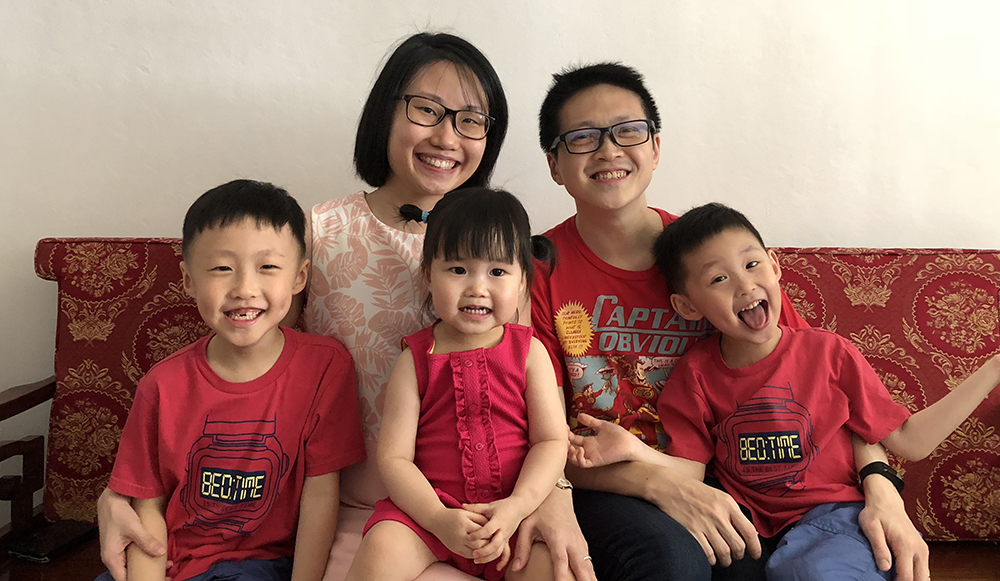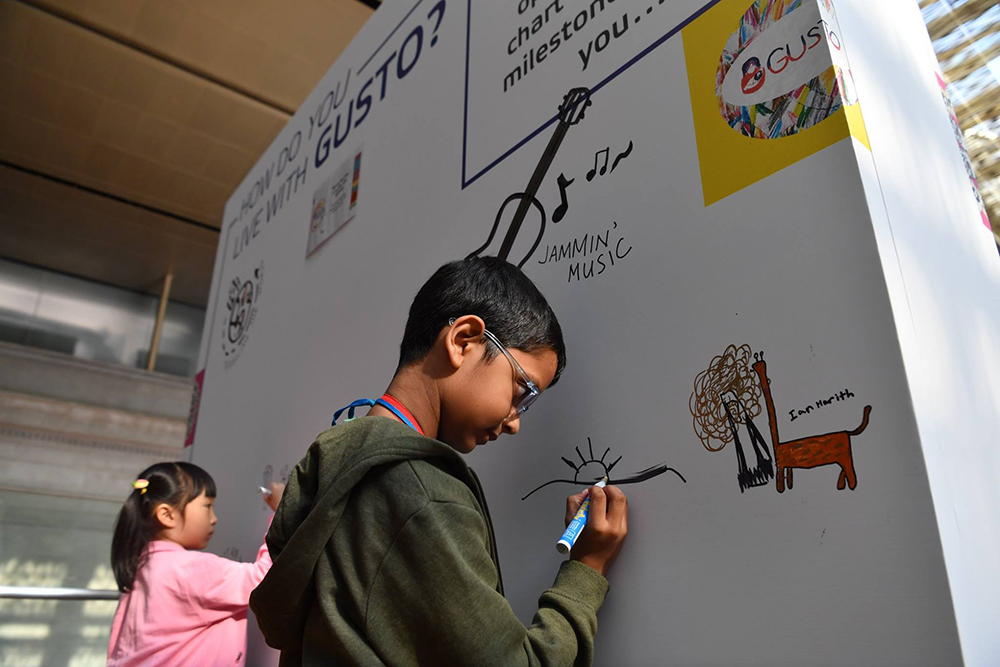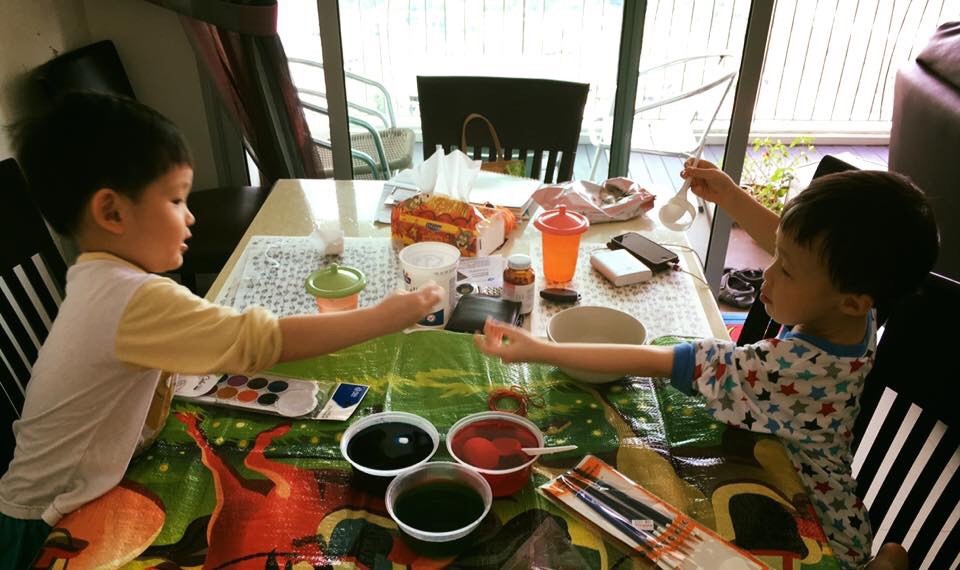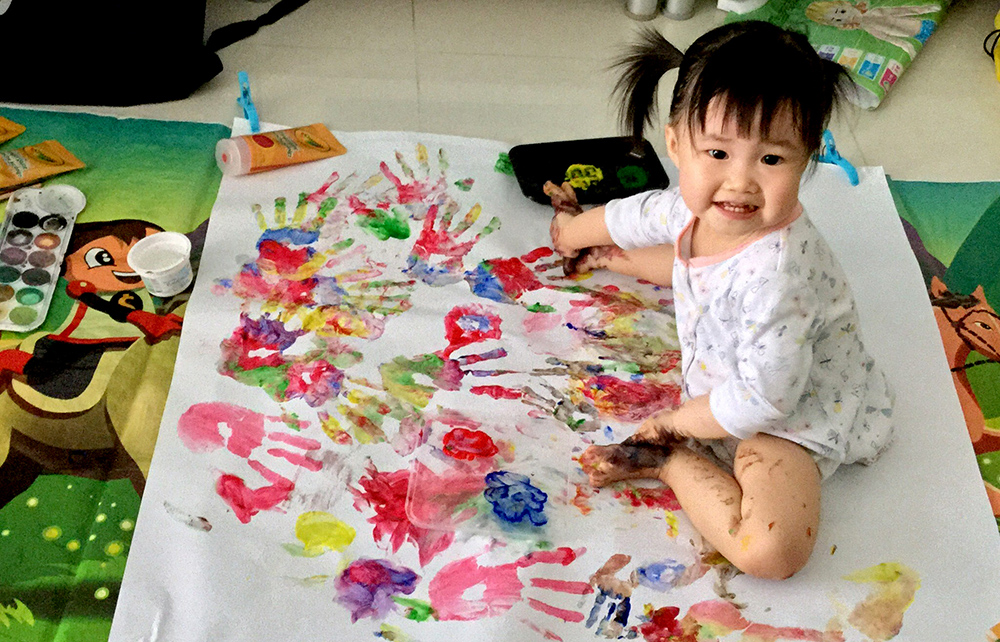FACES OF A*STAR
Mother's Day: Balancing Parenting, Work, Play, and Self-Care
What I learn from work makes me a better parent- and what I pick-up from being a mother makes me a better scientist.
This Mother’s Day- we speak to Dr Michelle Kee- Research Fellow at A*STAR’s Singapore Institute for Clinical Sciences (SICS) on juggling multiple hats as a mother- wife- and scientist.
Q: What are your motivations behind your research on parenting styles and its impact on children?
Dr Kee: Believe it or not- I actually graduated with a PhD working on zebrafish!
However- I had two kids while doing my PhD and discovered that my two sons had completely different personalities – one more fearful- and one more fearless. Hence- besides reading up on zebrafish- I found myself reading a lot more articles on fear and anxiety in children.
I wanted to understand more about my children- and this motivated me to explore a research focus on parenting and child development.
What I learn from work makes me a better parent- and what I pick-up from being a mother makes me a better scientist.
I am also very thankful that my Principal Investigator at A*STAR- Dr Michael Meaney- allowed me to pursue this path despite my research background being completely different.
Q: GUSTO is a cohort study of mothers and children by A*STAR’s SICS and multiple partners. Can you tell us more about your involvement in the study?
Dr Kee: The GUSTO (Growing Up in Singapore Towards Healthy Outcomes) study has spanned about 10 years now. The mothers were recruited when they were pregnant- and the children are close to 10 years of age now.
We have continued to look at the mothers’ mental health and their interaction with the children- as well the children’s outcomes- in terms of socio-emotional behaviors and their performance in cognitive tasks- diet- lifestyles- and more.
The purpose is to understand how conditions in pregnancy and early childhood influence the health and development of women and children.
We found from the GUSTO study that a mother’s prenatal mental health actually has impact on both the mother and the child.
Yet- the differences in pregnant women’s well-being is unknown. Hence- we are starting a new study soon- called Mapping Antenatal Maternal Stress- where we will delve deeper into that area- looking at mothers from their first trimester.
Q: How do you balance your work and family time?
Dr Kee: One of the biggest hurdles of being a mother is achieving work-life balance- and more importantly- controlling our emotions.
Hence- my pro-tip for parents is this: self-care. It is important to take care of yourself!
It can be something as simple as getting enough sleep and being well rested. For some- it can be retail therapy! If we take care of ourselves- if we value our own needs- we feel better as a person- and therefore- can give better care to our children as a mother.
We value family time as well- and we like to paint together with the children. We literally take out our picnic mats and do arts and crafts together.
Sometimes- it can be tough to just depend on yourself- or your husband- especially when you have young kids. But we are lucky to have strong support from our parents – the children’s grandparents – who are always willing to help us.
I guess you can call that the kampong spirit!
Was this article helpful?
A*STAR celebrates International Women's Day

From groundbreaking discoveries to cutting-edge research, our researchers are empowering the next generation of female science, technology, engineering and mathematics (STEM) leaders.
Get inspired by our #WomeninSTEM

